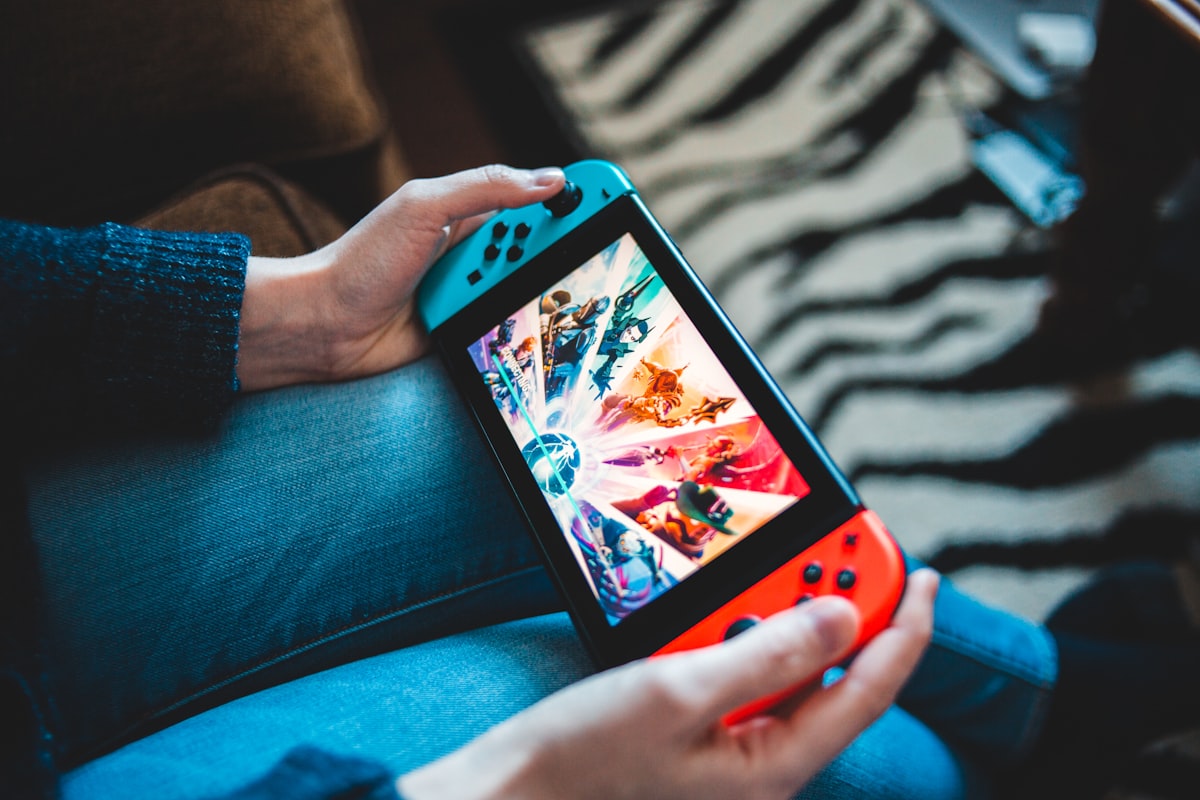Ntai games, also known as traditional Taiwanese board games, offer a fascinating glimpse into the cultural heritage of Taiwan. With a rich history dating back centuries, these games continue to be enjoyed by people of all ages, providing hours of entertainment and intellectual challenge.
A Diverse Collection:
The term “ntai games” encompasses a wide range of games, each with its unique set of rules and mechanics. Some popular examples include:
- Go: An abstract strategy game for two players, involving placing black and white stones on a grid. Go emphasizes planning, foresight, and strategic thinking.
- Xiangqi (Chinese Chess): A two-player strategy game similar to Western chess, but with distinct pieces and movement rules. Xiangqi places a strong emphasis on indirect attacks and maneuvering https://gmacker.com/.
- Weiqi (囲碁): Another abstract strategy game for two players, played on a 19×19 grid with black and white stones. Weiqi shares similarities with Go but has different scoring rules and strategic nuances.
- Mahjong: A tile-based game for four players, involving matching sets and combinations. Mahjong combines elements of skill, luck, and strategy, making it a popular pastime for social gatherings.
Beyond Entertainment:
Ntai games offer more than just fun and competition. They are often seen as valuable tools for:
- Developing cognitive skills: Many ntai games require players to think critically, plan ahead, and solve problems. This can help improve memory, concentration, and strategic thinking abilities.
- Promoting cultural understanding: Playing ntai games provides a window into Taiwanese traditions and values. Learning about the history and symbolism behind these games can deepen cultural appreciation.
- Strengthening social bonds: Ntai games are often played in social settings, fostering communication, cooperation, and friendly competition. They can be a great way to connect with family and friends.
Ntai Games in the Modern World:
While ntai games have a long history, they are not relics of the past. They continue to evolve and adapt to the modern world, with:
- New game variations: Modern game designers are creating new versions of classic ntai games, often with updated themes or mechanics.
- Online platforms: Many ntai games are now available online, allowing people from all over the world to play and connect with each other.
- Educational resources: Schools and organizations are increasingly incorporating ntai games into their curriculum, recognizing their educational and cultural value.
Conclusion:
Ntai games offer a unique and enriching experience for people of all ages and backgrounds. They provide a fun way to learn about Taiwanese culture, develop cognitive skills, and connect with others. So, whether you’re a seasoned strategist or a curious beginner, why not explore the world of ntai games and discover the joy of traditional Taiwanese board games?
